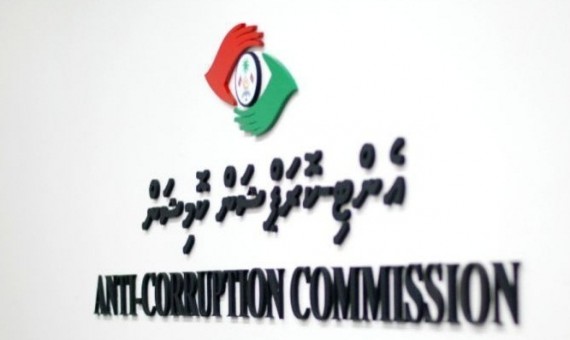
ACC has concluded its investigation of a complaint alleging that IGMH has acted in contradiction to the law when assigning the construction work of a 25-story building to a Singaporean Company.
Upon investigation, it was found that after IGMH gained a special permission by the President of the Maldives to assign the construction work of a 25-story building to a foreign contractor, a total of 3 foreign contractors expressed interest, including 2 Singaporean companies and 1 Chinese company. However, only 2 companies responded back to the invitation extended to discuss the project. Among these 2 companies, it was found that the Chinese company lacked experience in the field of constructing medical facilities and had only issued a preliminary price for the construction work, whereas the preliminary design submitted by the Singaporean company was found to be a lot more professionally appealing. It was also noted that the latter company has had previous experience in constructing medical facilities in foreign countries as well. In addition to this, the price of $140,000,000 put forward by the Singaporean Company was not a preliminary price and it was the closest to the estimated price of $134,021,211.09 stated in the proposal prepared by the technical team of Ministry of Health regarding the construction of the building in question. Owing to these reasons, the governing board of IGMH decided to assign the forenamed construction work to the Singaporean Company.
After arriving to this conclusion, IGMH had requested the President’s Office for approval in proceeding with their decision. In response to this request, a meeting was held by the Economic Youth Council of the President’s Office where it was concluded that as the 25-story building construction project was planned to be commenced by selecting a third party for the architecture and planning, and as the Singaporean Company had agreed to issue a 10 year worth master plan and is expected to complete the project within a short period of time, it is reasonable to allocate such a high price for the project. Moreover, the Singaporean Company is obliged to make large investments in acquiring the necessary materials/capital to execute the project and is also required to use separate electrical wirings for each floor, which further justifies the need to allocate a high price for the particular project. Consequently, as it was agreed upon that $140,000,000 is an appropriate price for this project and as the Singaporean Company is believed to be a highly capable company in successfully completing the project within the allocated time span, it was concluded by the President’s Office to assign this project to the Singaporean Company for the price of $140,000,000.
As per the conclusion, the construction project was awarded to the Singaporean Company under the Public Finance Regulation’s Section 8.15, which states that mega projects or projects executed with the help of foreign countries can be processed without opening a bid or issuing it to the national tender evaluation board if the project is allocated to a company decided by the Cabinet of Ministers or the respective Councils of Maldives. Also noteworthy is the fact that before signing the agreement between IGMH and the selected Singaporean Company on 1st March 2016, the Economic and Youth Council had ensured that the selected Company is indeed capable in executing the project both financially and skill-wise. Furthermore, based on the relevant documents, it is evident that the project was assigned under a special permission provided by the President of the Maldives, and the decision was reached in accordance to the Public Finance Regulation’s Section 8.15. Thereby, the investigation did not reveal any contravention with the law number 2/2000 (Prevention and Prohibition of Corruption Act), in assigning the 25-story building construction project to the Singaporean Company. Hence, the case was concluded under section 25 (a) (1) of law number 13/2008 (Anti-Corruption Commission Act), as there was no offence of corruption in the case.




